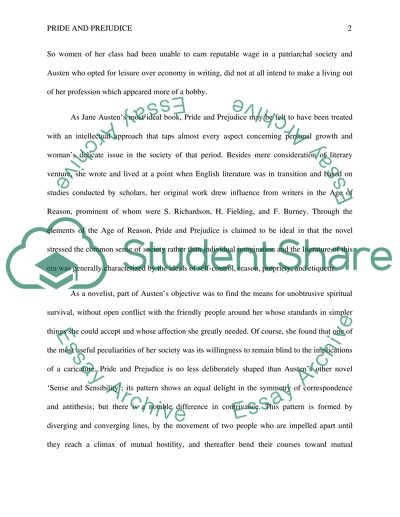Cite this document
(“Pride and Prejudice Essay Example | Topics and Well Written Essays - 1500 words”, n.d.)
Pride and Prejudice Essay Example | Topics and Well Written Essays - 1500 words. Retrieved from https://studentshare.org/literature/1431405-pride-and-prejudice
Pride and Prejudice Essay Example | Topics and Well Written Essays - 1500 words. Retrieved from https://studentshare.org/literature/1431405-pride-and-prejudice
(Pride and Prejudice Essay Example | Topics and Well Written Essays - 1500 Words)
Pride and Prejudice Essay Example | Topics and Well Written Essays - 1500 Words. https://studentshare.org/literature/1431405-pride-and-prejudice.
Pride and Prejudice Essay Example | Topics and Well Written Essays - 1500 Words. https://studentshare.org/literature/1431405-pride-and-prejudice.
“Pride and Prejudice Essay Example | Topics and Well Written Essays - 1500 Words”, n.d. https://studentshare.org/literature/1431405-pride-and-prejudice.


